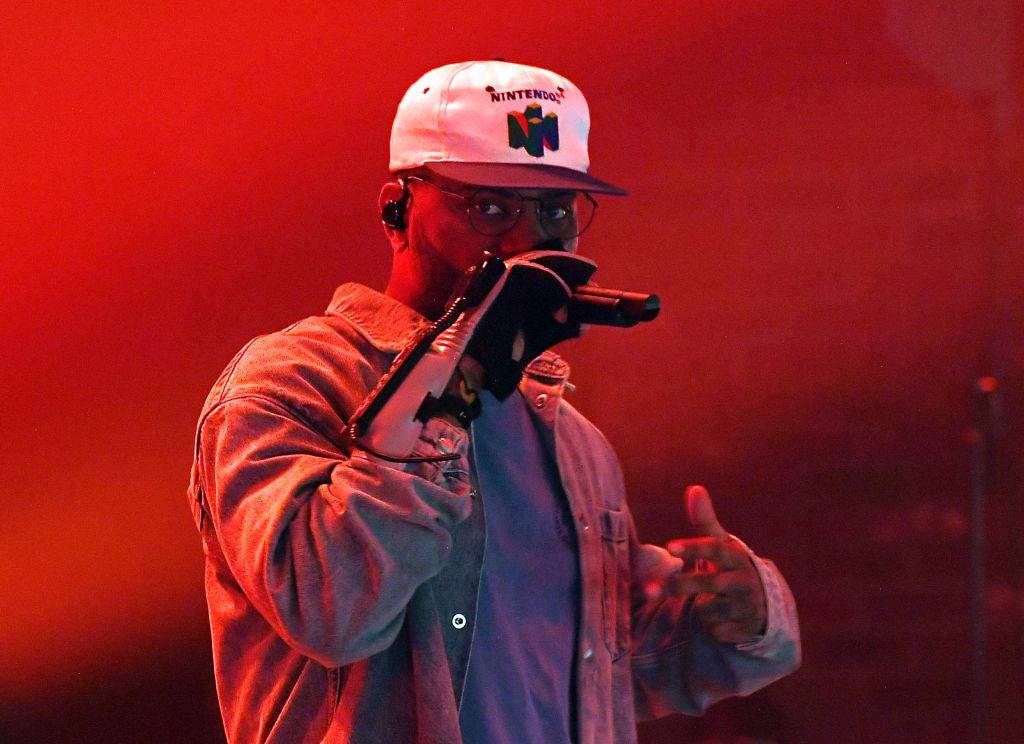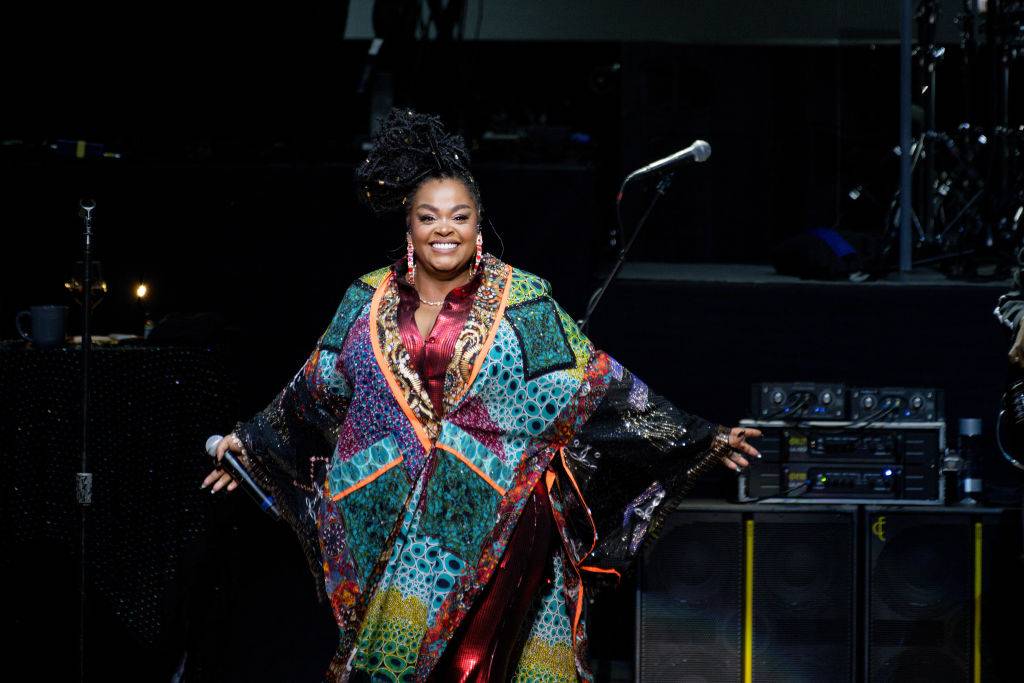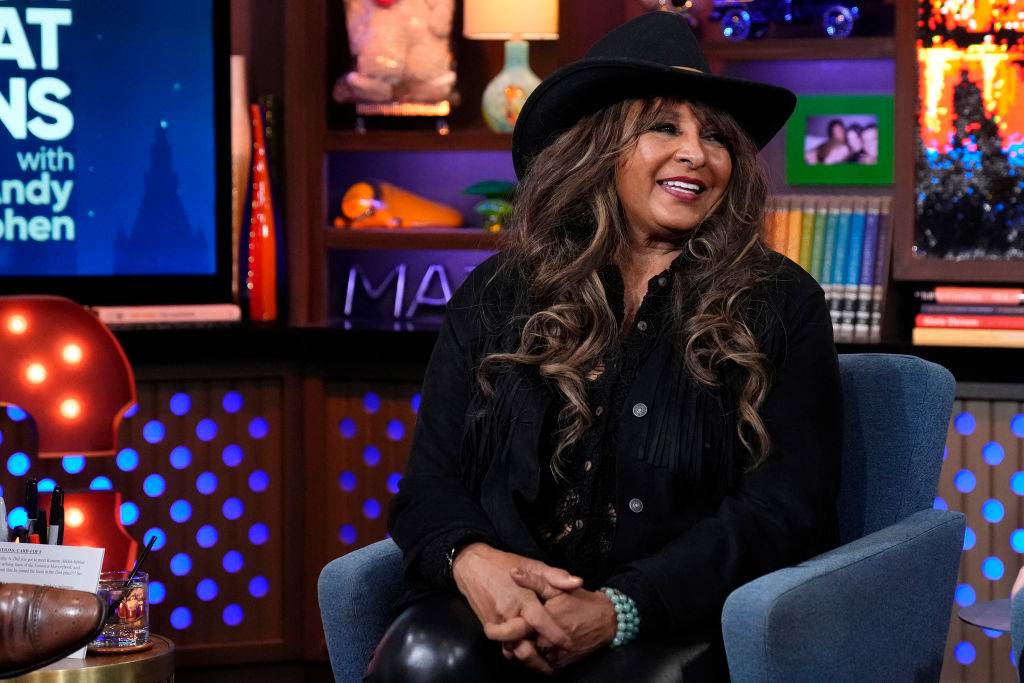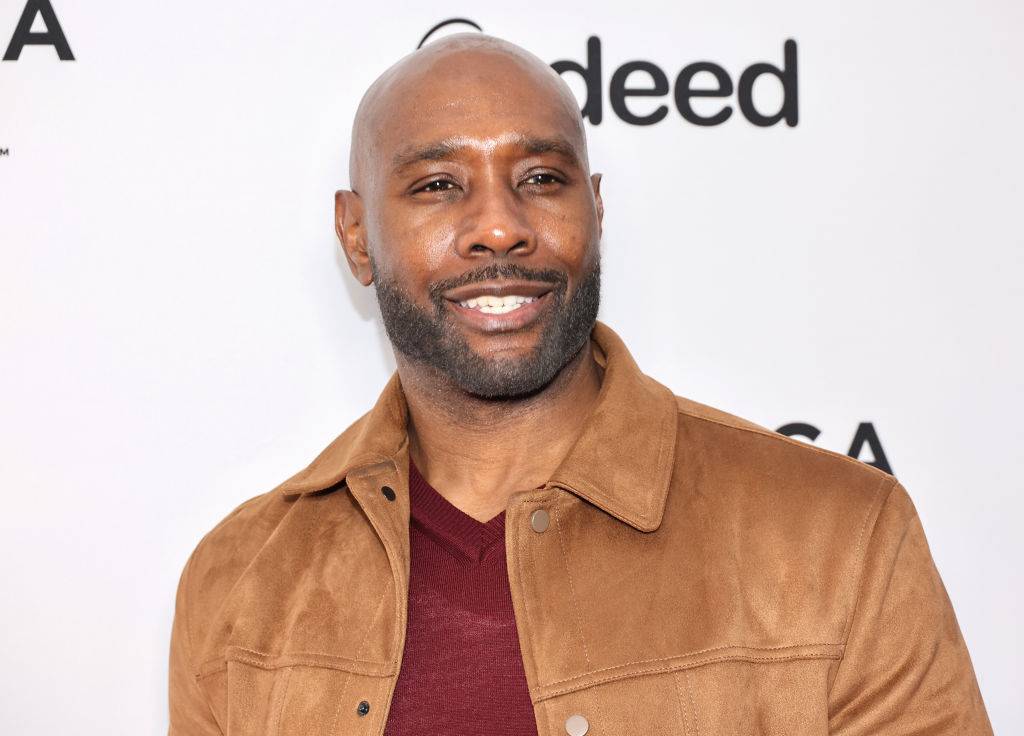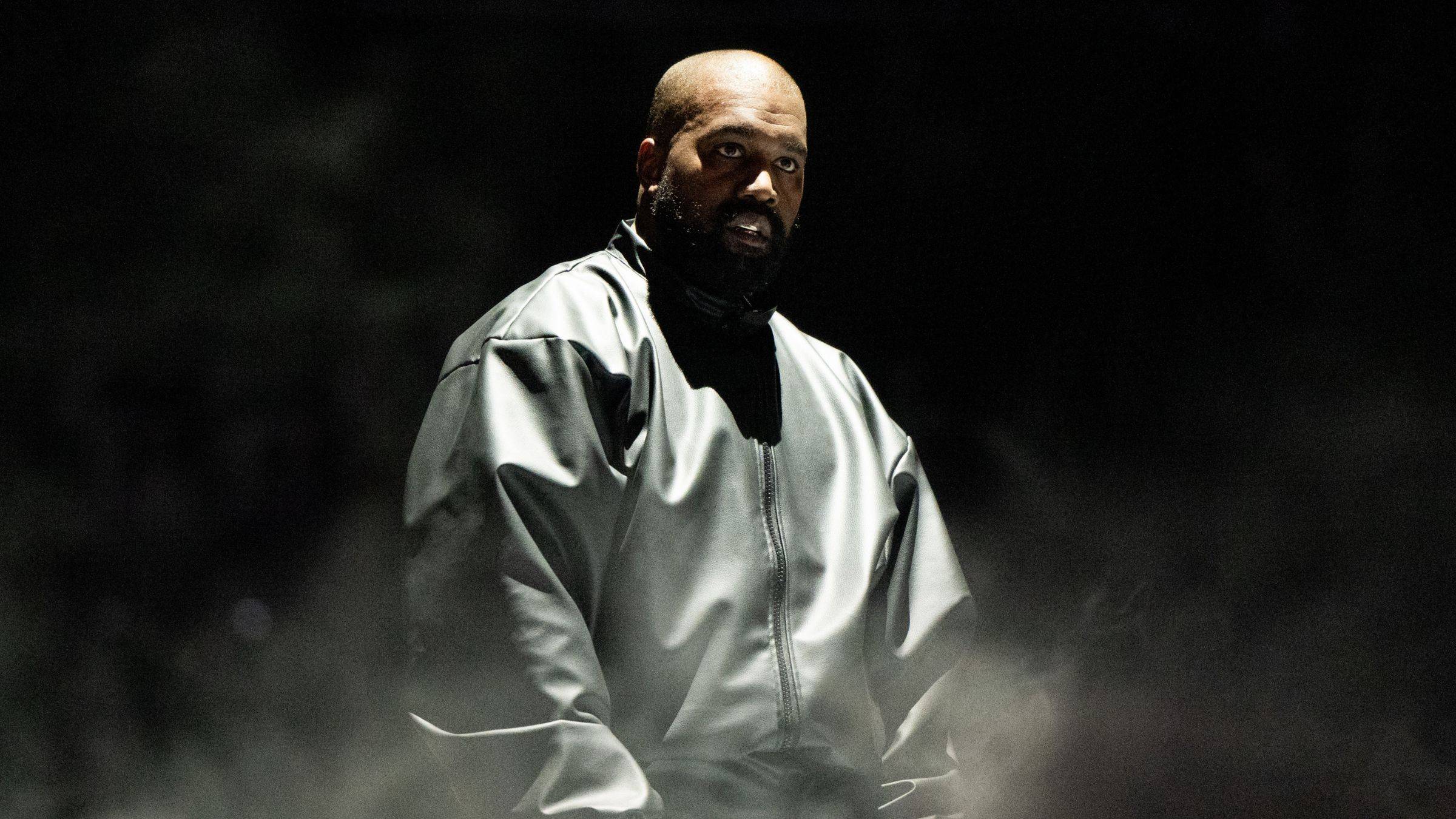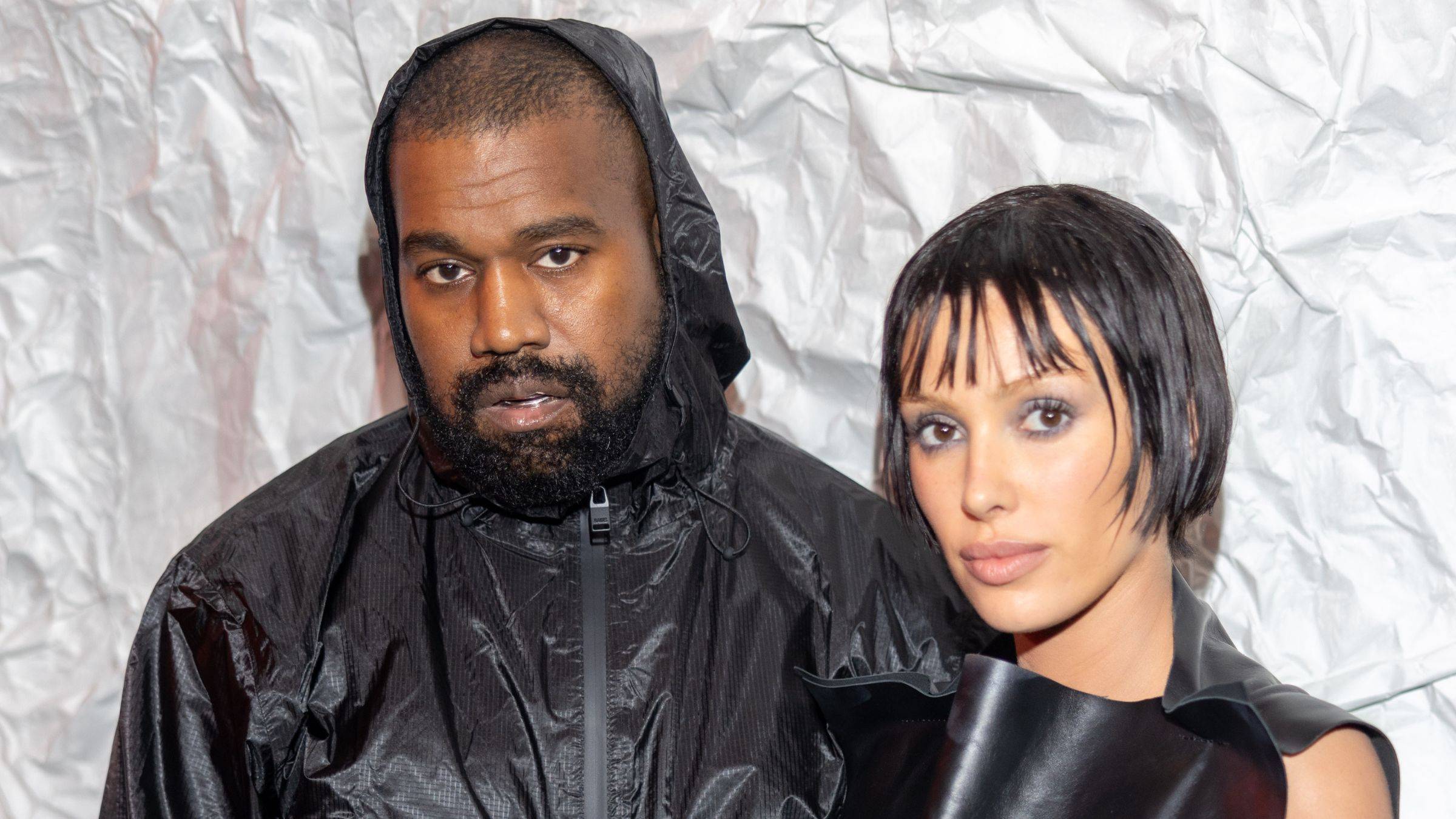The Wailers' Aston Barrett, Dwayne Anglin Reflect on 30 Years of Legend
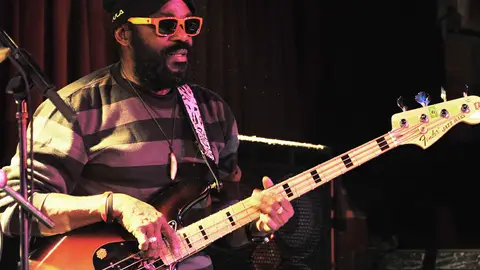
Bob Marley is hailed by many as the face of reggae for his work both on his own and as a part of the iconic band The Wailers. The man responsible for many of those famous bass lines behind most of Marley's biggest hits was Aston "Family Man" Barrett (pictured above).
Today, Barrett is the sole original member of the Wailers, who still tour the world spreading reggae's message of peace, love and equality through music. In an exclusive conversation before their Los Angeles show commemorating the 30th anniversary of their classic album Legend (which still stands as the best-selling reggae album of all time with more than 25 million copies sold worldwide), Barrett and the group's current lead vocalist, Dwayne "Danglin" Anglin, spoke about the impact of Legend and the global influence of reggae on different cultures and genres.
30 years later why do you think Legend has had — and continues to have — such an impact on people?
Barrett: The reggae music, it is the heartbeat of the people, the universal language, what carries the messages of roots, cultures and reality. And it is for all ages and all times, past, present and the future.
Danglin: Basically this is music that was founded on the backs of suffering. This came from suffering and poverty and injustice, so that's why the music is always relevant to the times because you always find suffering, separatism, injustice and poverty all around the world, so wherever there's a need for inspiration, reggae music is always that music that you can go to when you need compassion, and advice and to make it through the day.
Do you think the younger generation cares as much about the message as they did back when they were protesting things like the Vietnam War?
D: That's the thing that's keeping the music alive. The message. If there was no real message in the music it wouldn't last through the test of time, because to see the problems that we had in the '70s we still have them now, it's just a different time and people know how to deal with it a little bit differently. Before it was physical now it's more mental. So if you don't emancipate yourself from mental slavery there's no way to free your mind. So that's why Bob Marley and The Wailers created a certain atmosphere where people could voice their opinions through music. The music was like the news, especially current events that were going on in Jamaica at the time. That's why it's still relevant and people still care about the message in the music cause it has a foundation that was real.
How did you feel about the evolution of the reggae sound over the years especially as it branched out into other genres?
B: In 1973-74 there was a dispute about the new concept in music. There was a meeting in the musical capital of the world, which is Los Angeles, and guess what it was: the drum and the bass. 'Cause American music was full of strings and horn section, but the rhythm was higher, and we said that the first instrument in music is drums. They were used to send messages across villages and valleys so our drums have to be outstanding in the music. Especially the heartbeat. The drums are the heartbeat of the music and the bass is the backbone, so if the drum not right, the music gonna have a bad heart, and [if] the bass not right it's gonna have a bad back. So the music will be crippled. So we decided to mend that. And of course the reggae music is coming from the throne of King David and King Solomon, the chief musicians, so we are the archangels.
From the time it started, hip hop has shown clear reggae influence. Are you happy with the way MCs have incorporated your culture into theirs?
D: That's a good indication that people see the value in reggae music. A lot of times the good thing is that usually when someone wants to do something positive they usually incorporate some type of reggae riff in that song, 'cause reggae is known for it's positive messages and bringing people together. Other genres have been using reggae for a long time, even in New York with KRS-One, the way he used to rap about things stemmed from the way reggae music was the first to really go into culture and talk about everything, so when KRS-One did a song like "Black Cop," it's a similar pattern to the reggae pattern, just in a hip hop style.
Family Man, was there anyone you would have liked to work with that you never got the chance to?
B: I've jammed with everyone. I've jammed with Kenny Chesney, the number one country guy, on a song called "Everyone Wants to Go to Heaven" and the latest is a reggae track called "Spread the Love" ... and we did one with the late John Denver before he flew off the map. The album is called It's About Time and the track is called "World Game." He said he wants to be in the world's game. He wants to make it better than it's ever been before. We'll carry it on forever.
BET.com is your #1 source for Black celebrity news, photos, exclusive videos and all the latest in the world of hip hop and R&B music.
Click here to subscribe to our newsletter.
(Photo: Stephen Lovekin/Getty Images)
